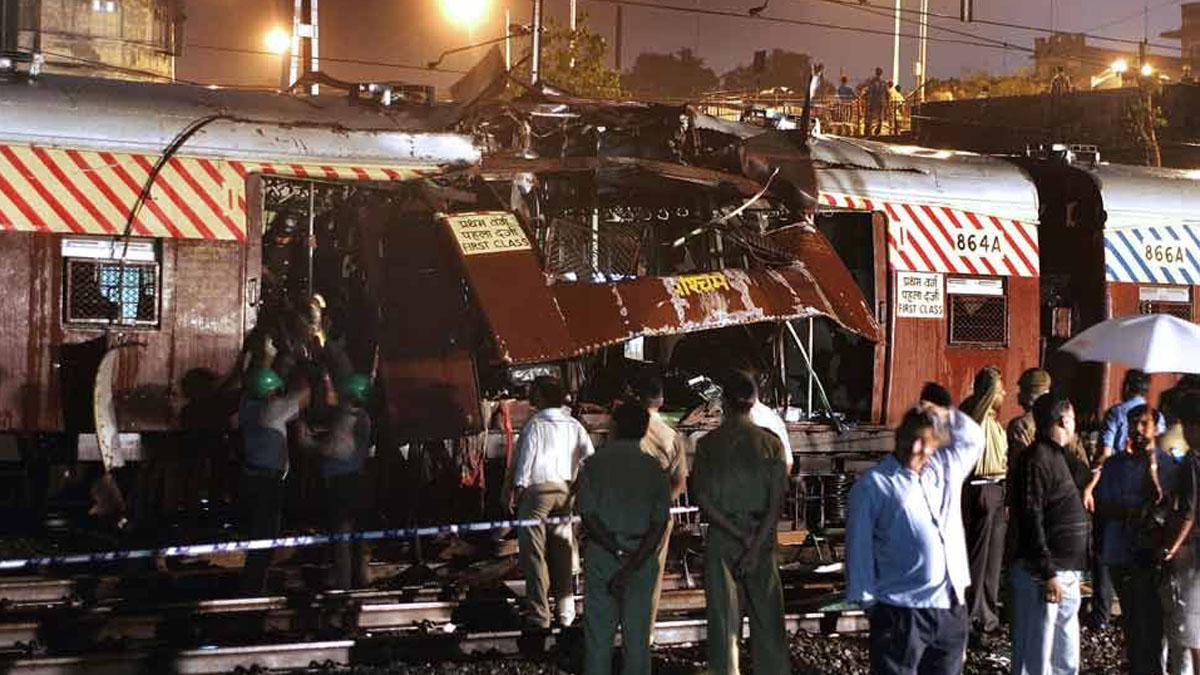2006 Mumbai train blasts: Why did the Bombay HC acquit all accused, including 5 on death row?

In an unprecedented move, the Bombay High Court acquitted all 12 accused in the 2006 Mumbai train blasts case on Monday. The court also acquitted five who were sentenced to death in the case.
A special bench of the High Court comprising Justices Anil Kilor and Shyam Chandak acquitted all accused in the case, noting the evidence provided by the prosecution wasn't sufficient to convict them. The bench said the prosecution "utterly failed" in proving charges against the accused.
"The prosecution has utterly failed to prove the case against the accused. It is hard to believe that the accused committed the crime. Hence, their conviction is quashed and set aside," the High Court said.
The judgment comes 19 years after the terror attack that shook Mumbai's Western Railway network. Over 180 people lost their lives in the attack, and close to 900 suffered injuries. Seven bombs exploded in suburban trains on the Western Railway line in 2006.
The special bench noted that the statements of nearly all prosecution witnesses were unreliable and that investigators failed to identify the type of bomb used for the blasts, Bar and Bench reported. On the recovery of evidence such as bombs, guns, maps etc, the Court observed the recovery was immaterial and not important to the case, Bar and Bench reported.
A special court for hearing matters pertaining to the Maharashtra Control of Organised Crime Act convicted all 12 accused in the case in 2015. The special court sentenced seven to life imprisonment and five to death. Those sentenced to death included Kamal Ansari, Mohammad Faisal Ataur Rahman Shaikh, Ehtesham Qutubuddin Siddiqui, Naveed Hussain Khan and Asif Khan; all were held guilty of planting the bombs, the publication reported. One of the accused, Kamal Ansari, succumbed to Covid-19 in 2021 in Nagpur prison.
India